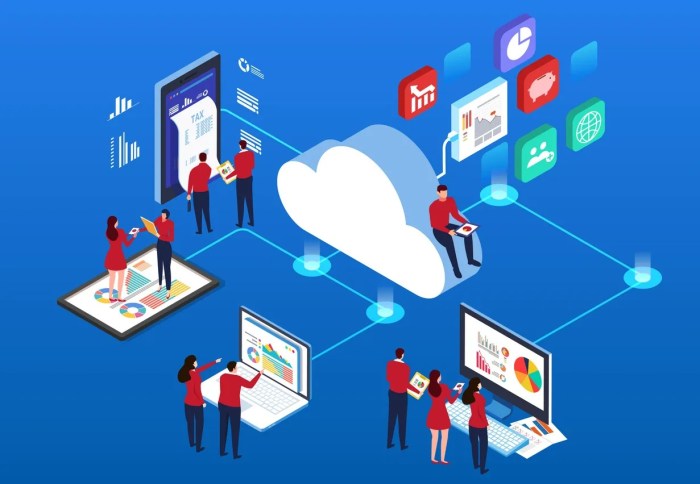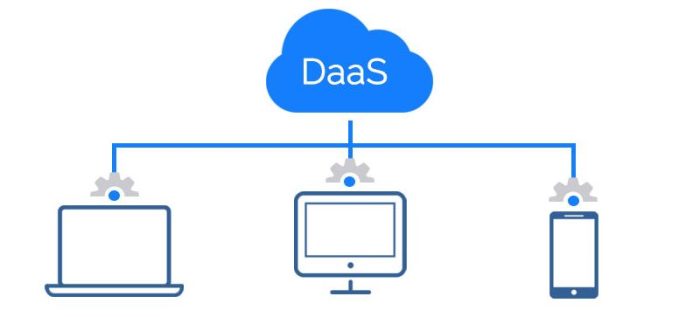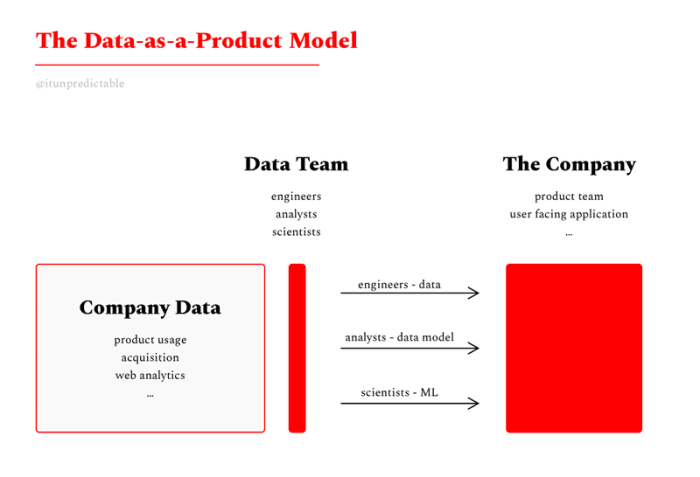DaaS is utilized for provisioning critical data on demand, paving the way for a transformative era in data delivery. This innovative approach revolutionizes data accessibility, offering businesses unprecedented agility and insights.
With DaaS, organizations can seamlessly access critical data in real-time, enabling them to make informed decisions, optimize operations, and gain a competitive edge.
1. Definition of DaaS

Data-as-a-Service (DaaS) is a cloud-based service model that provides access to data on demand. It allows businesses to access, consume, and manage data without the need for physical storage or infrastructure.
DaaS offers several benefits, including:
- Reduced costs: DaaS eliminates the need for expensive hardware, software, and maintenance.
- Increased agility: DaaS provides instant access to data, enabling businesses to make faster and more informed decisions.
- Improved data security: DaaS providers implement robust security measures to protect data from unauthorized access and breaches.
2. Provisioning Critical Data on Demand

DaaS plays a critical role in providing data on demand. It enables businesses to access data in real-time, regardless of their location or device.
The advantages of real-time data access include:
- Enhanced decision-making: Real-time data provides businesses with up-to-date information to make more informed decisions.
- Improved customer experience: Real-time data allows businesses to respond to customer needs and resolve issues more quickly.
- Increased operational efficiency: Real-time data enables businesses to identify and address operational inefficiencies.
3. Applications and Use Cases
DaaS is used across a wide range of industries and sectors, including:
- Financial services: DaaS provides access to real-time market data, financial news, and analytics.
- Healthcare: DaaS enables access to patient data, medical records, and diagnostic tools.
- Retail: DaaS provides insights into customer behavior, sales trends, and inventory management.
4. Data Security and Compliance

DaaS providers implement various security measures to protect data, including:
- Encryption: Data is encrypted at rest and in transit to prevent unauthorized access.
- Authentication and authorization: Users are authenticated and authorized to access data based on their roles and permissions.
- Compliance: DaaS providers adhere to industry-standard compliance regulations, such as HIPAA and GDPR.
5. Integration and Interoperability
DaaS can be integrated with existing systems and applications through various methods, including:
- APIs: DaaS providers offer APIs to enable integration with third-party applications.
- Data connectors: DaaS providers offer data connectors to facilitate data exchange between different systems.
- Custom integrations: DaaS providers can work with businesses to develop custom integrations to meet specific requirements.
6. Pricing Models and Cost Considerations: Daas Is Utilized For Provisioning Critical Data On Demand
DaaS pricing models vary depending on the provider and the services offered. Common pricing models include:
- Subscription-based: Businesses pay a monthly or annual subscription fee for access to DaaS services.
- Usage-based: Businesses pay based on the amount of data consumed or the number of API calls made.
- Tiered pricing: Businesses pay different rates for different levels of service, such as data storage, processing, and analytics.
7. Future Trends and Innovations

Emerging trends and advancements in DaaS include:
- Artificial intelligence (AI) and machine learning (ML): AI and ML will be used to enhance data analysis, identify patterns, and make predictions.
- Edge computing: DaaS will be deployed at the edge of the network to reduce latency and improve performance for real-time applications.
- Data mesh architecture: Data mesh architecture will be used to create a more decentralized and flexible data architecture.
Common Queries
What are the key benefits of using DaaS?
DaaS offers numerous benefits, including improved data accessibility, reduced IT costs, enhanced data security, and greater agility.
How does DaaS ensure data security?
DaaS providers implement robust security measures, such as encryption, access controls, and regular audits, to safeguard data and maintain compliance with industry standards.